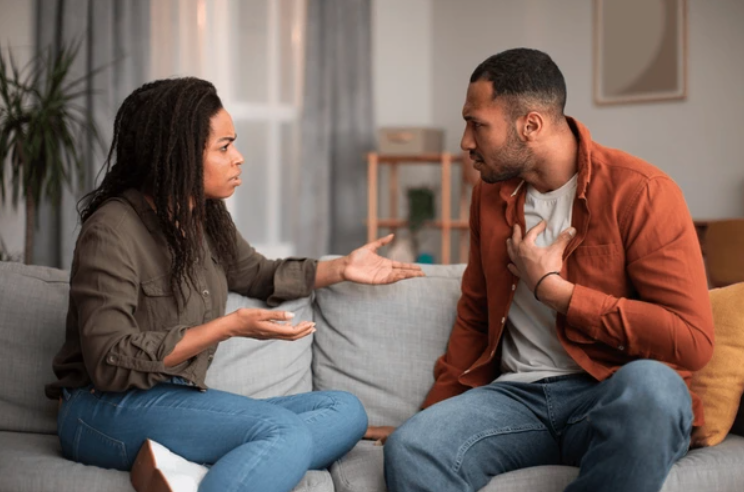Navigating the Memory Maze: A Guide to Strengthening Your Relationship Amidst Disagreements
The Memory Battle
In the intricate dance of relationships, one recurring theme that often takes center stage is the inevitable clash of memories. How many times have you found yourself in a heated argument with your partner, each vehemently insisting that your version of events is the accurate one? Welcome to the battleground of recollections, a place where "I remember things differently (better) than my partner" becomes a common point of stuck-ness. Good news: there's a way to sidestep this losing battle and foster understanding and connection instead?
The Impact of Emotions on Memory Recollection
Memory is a complex and dynamic process influenced by various factors, and emotions play a pivotal role in shaping our recollections. Numerous studies in psychology, such as those by Loftus and Palmer (1974) and Kensinger and Corkin (2003), highlight how emotional experiences can enhance or distort memory. When emotions run high during a disagreement, it significantly impacts our ability to recall events accurately.
In the heat of an argument, the emotional intensity can interfere with the process of memory reconsolidation—the way memories are re-stored after retrieval. The emotional charge associated with the disagreement can overwrite or distort the original memory, leading to a situation where both partners genuinely believe their version is correct. Understanding this phenomenon is crucial for couples aiming to break free from the cycle of repetitive arguments and foster a healthier, more empathetic connection.
What to do: Shift Focus from Recollection to Emotion
To avoid the perils of the "I remember differently" impasse, couples can benefit from a strategic shift in focus. Instead of fixating on the details of who said what or the sequence of events, redirect attention towards understanding and acknowledging each other's emotions. By actively listening to your partner's emotions (repeat back what they said and name their emotion(s)), then expressing your own experience, you create an emotional bridge that transcends the limitations of conflicting memories.
Active listening involves tuning in not only to the words spoken but also to the underlying emotions. Use phrases like "I hear that you're feeling..." to convey empathy and validate your partner's emotional experience. This approach allows couples to connect on a deeper level, fostering emotional intimacy and paving the way for more constructive communication.
Pro tip: Pushing aside the internal drive to ‘just get them to see what I see’ and calmly listen is the hard part. This takes awareness, discipline, and practice - sort of like when a kid learns to let a piece of chocolate melt on their tongue to get more enjoyment out of it, instead of following their ‘instinct’ to just scarf it down and grab another.
Practical Strategies for Conflict Resolution
Begin by establishing a shared commitment (when things are calm) to understanding each other's emotions rather than winning the argument. Practice patience and humility, recognizing that both partners bring unique perspectives shaped by their experiences and emotions.
Introduce a "time-out" mechanism during heated discussions to allow emotions to settle before revisiting the conversation. This helps prevent the entrenchment of conflicting memories and creates space for rational dialogue. Additionally, consider keeping a shared journal where both partners can jot down their perspectives on significant events. This not only promotes open communication but also serves as a reference point to reflect on later.
The Power of Couples Counselling
Still stuck? Not to worry - research by Doss et al. (2017) underscores the effectiveness of couples counselling in improving relationship satisfaction and reducing conflict. A skilled therapist can help couples unpack their emotions, explore underlying issues, and develop communication strategies that go beyond the limitations of memory disputes. Investing in couples counselling is an investment in the health and longevity of the relationship.
Conclusion: Building Bridges, Not Barriers
In the ever-evolving narrative of relationships, the key to avoiding the losing battle of conflicting memories lies in prioritizing emotional connection over the pursuit of being right. By understanding the impact of emotions on memory, shifting focus from recollection to emotion, embracing the power of couples counselling, and implementing practical conflict resolution strategies, couples can build bridges instead of erecting barriers.
Remember, the goal is not to erase differences or best your partner with a better recollection of events, but to navigate friction with empathy and understanding of how they feel (even if it doesn't make sense to you). In doing so, couples can transform the "I remember differently" battlefield into an emotionally safe moment building intimacy and bolstering lasting connection.




